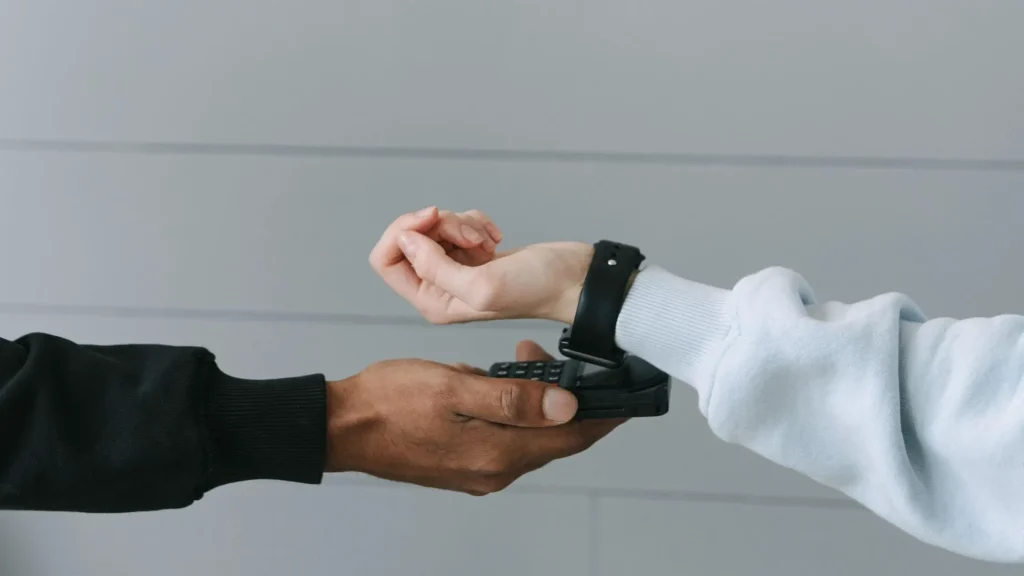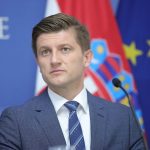We demand the same as the public services, a base pay rise in three instalments: by 4% as of 1 March, by 2% as of 1 July and by 2% as of 1 November, Jagić told the press after the ninth round of negotiations at the Labour Ministry.
“I think we will arrive very soon at a joint solution to the satisfaction of our members,” he said, adding that they expect a new government offer next week.
“The new collective agreement must be better than the current one. We demanded from the government a 13th month pay, increases of indices and everything else, just like the public services. We expect to be equated with the public services,” Jagić said.
Government will take a position on union demands next week
Assistant Labour Minister Dražen Opalić said the government was offering a 2% base pay rise in the second half of the year but that the unions wanted “a little more ambitious” pay rise this year.
“The government took note of that and we agreed to resume the talks next week, and the government will take a position on the demands of the public and government employee unions,” he said.
In previous negotiations, public employee unions requested an 8% base pay rise. Vilim Ribić of the Independent Science and Higher Education Union criticised the government for “saying that it doesn’t have the money although, according to all indicators, it does.”
Next year Croatia is expected to be the second fastest growing economy in Europe, GDP has risen by 10.5%, inflation was 4.6% last year and is expected to be 4% next year, he said, adding that all indicators point to the need for a stronger intervention by the government.
We heard the same story that there was no money for public and government employees during the 2008-15 financial crisis, then during the euro crisis and then during the pandemic crisis, Ribić said.
We are always hearing the same story, even now when there is money and everything is changing, he added.











